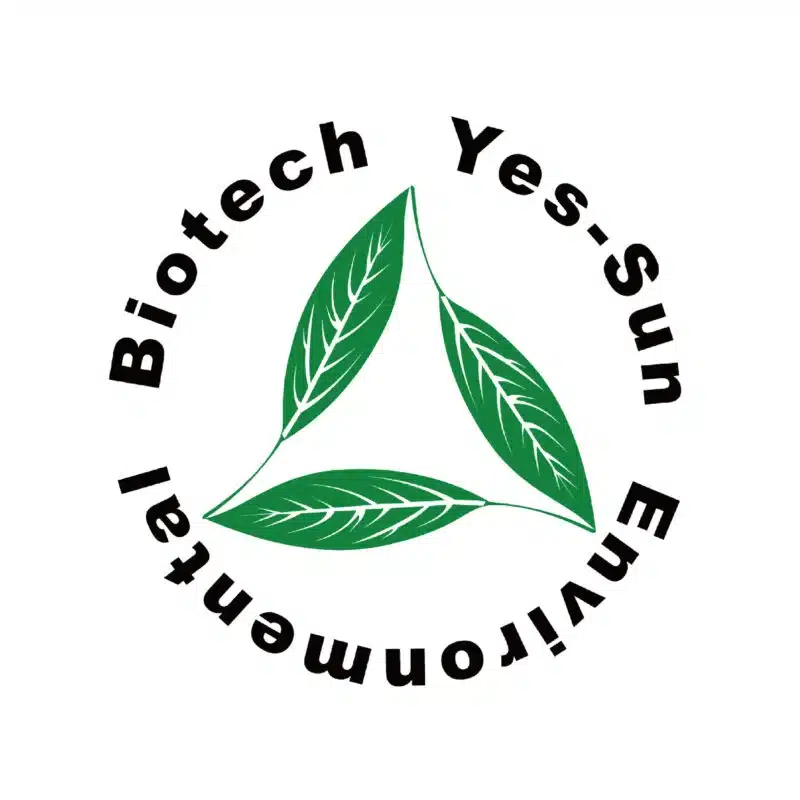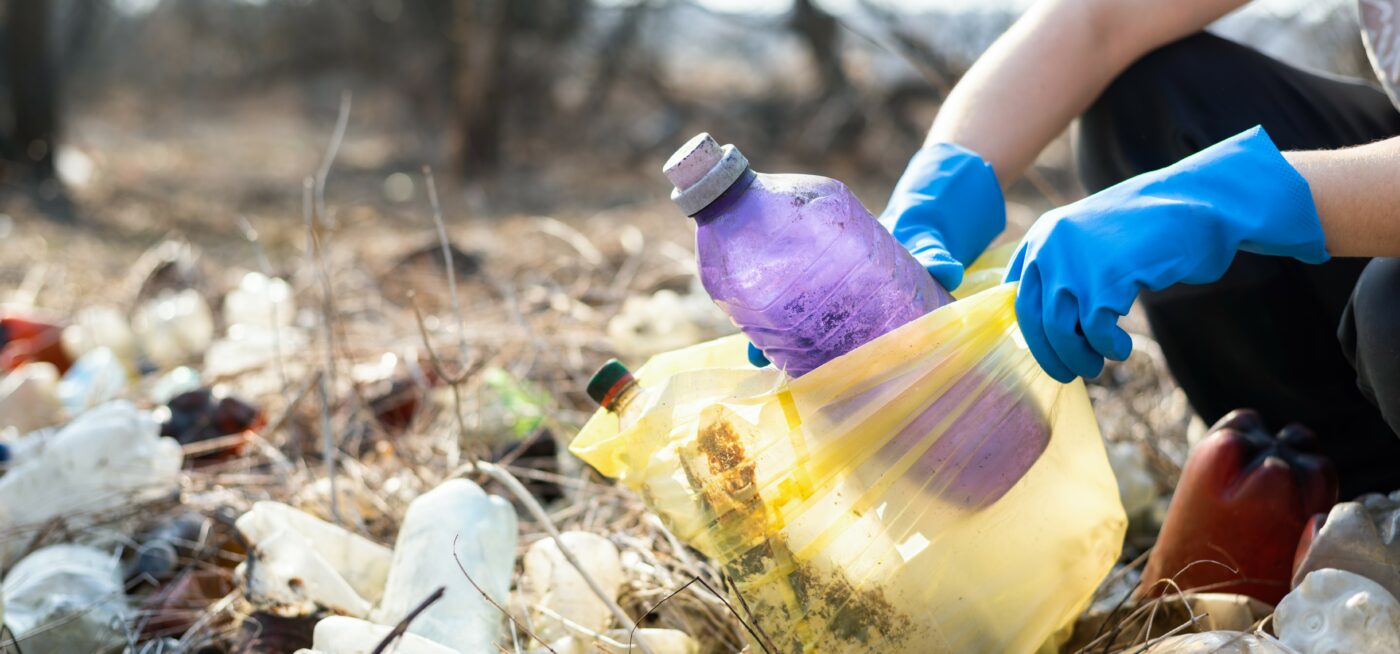POSTED BY: KEN MCENTEE
Ann Arbor looks to reduce plastic in compost
Ann Arbor, Michigan, in partnership with WeCare Denali, its compost site operator, is refining the types of compostable products it will accept at its composting facility, focusing on a more environmentally sustainable approach. Starting January 1, 2024, the facility will only accept compostable products made of fiber, moving away from compostable items made from plastics. This decision is in response to challenges such as contamination of the compost product with non-compostable plastics and the issue of windblown litter at the compost site, which are exacerbated by the lightweight nature of plastic compostables that can be mistaken for traditional petroleum-based plastics.
The Compost Manufacturer’s Alliance (CMA) provides certifications for products that meet rigorous industry standards for breakdown in various composting technologies, including the compost windrows utilized at the Ann Arbor site. This certification process ensures that only materials that can properly decompose without leaving harmful residues will be processed, thereby maintaining the quality of the resulting compost and reducing environmental impact.
The city acknowledges that this shift may cause inconvenience, particularly for businesses and residents accustomed to using compostable plastic products, such as kitchen compost bin liners. The lighter, plastic compostables have been found to cause confusion between compostable and non-compostable items, leading to contamination issues that compromise the quality of the compost and contribute to environmental degradation. In light of these issues, Ann Arbor is guiding its residents and businesses towards using paper or other fiber-based products as alternatives to plastic liners in composting practices.
To facilitate this transition, the city has developed an online resource with comprehensive information about CMA-W certified materials, including product lists and distributor details, simplifying the decision-making process for consumers aiming to comply with the new regulations. The guiding principle for the community is straightforward: plastic items, regardless of their marketed compostability, will not be accepted. This initiative reflects Ann Arbor’s commitment to sustainable waste management practices and its efforts to tackle the challenges posed by compostable plastics in maintaining a clean and effective composting program.
Discover the future of waste management with composting free technology
Handling organic waste properly can be challenging due to the unpleasant smell and dirty water produced during the composting process. Despite the availability of various composting technologies and equipment in the market, time and pollution remain significant concerns. However, a novel technology that combines patented equipment and enzymes offers a potential solution. This innovative approach can convert organic waste into fertilizer in just a few hours, and most importantly, without causing pollution.
Learn more


 中文 (台灣)
中文 (台灣) Bahasa Indonesia
Bahasa Indonesia Tiếng Việt
Tiếng Việt Bahasa Melayu
Bahasa Melayu Français
Français Español
Español Português
Português